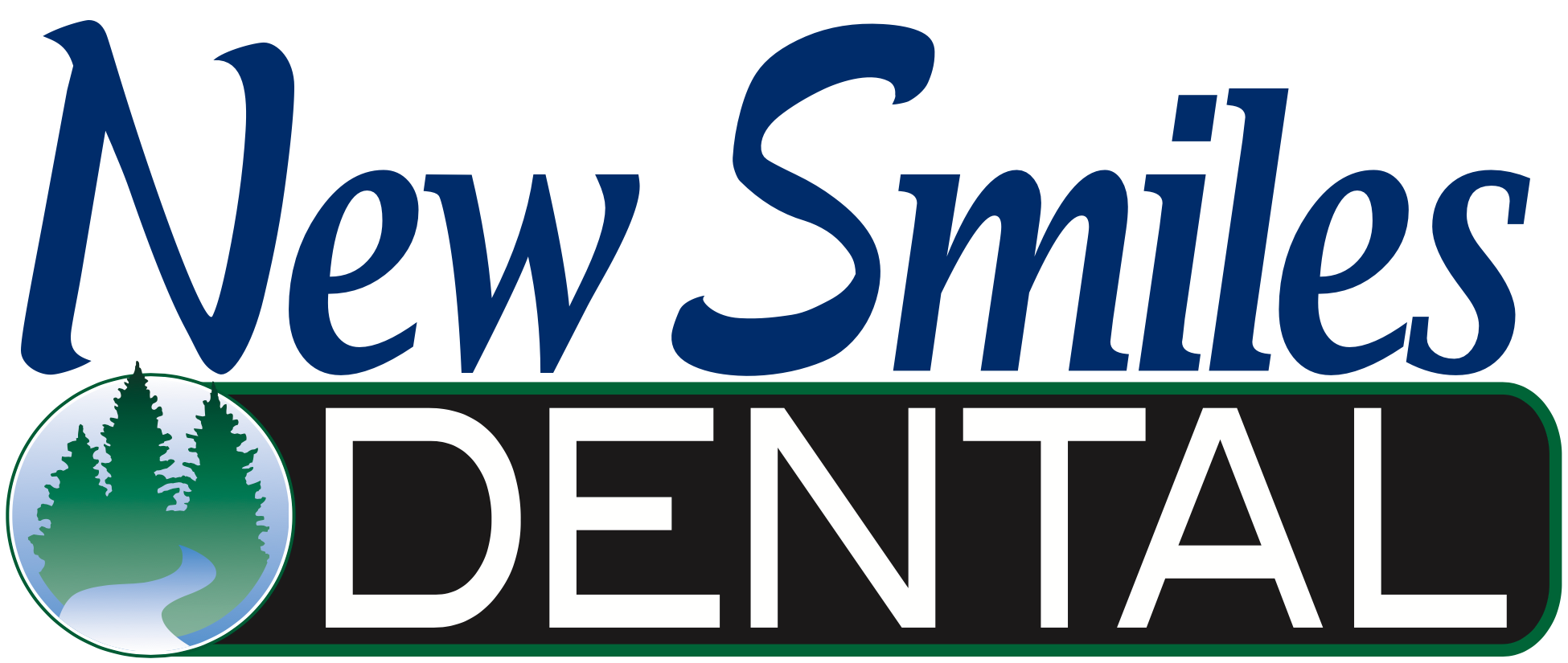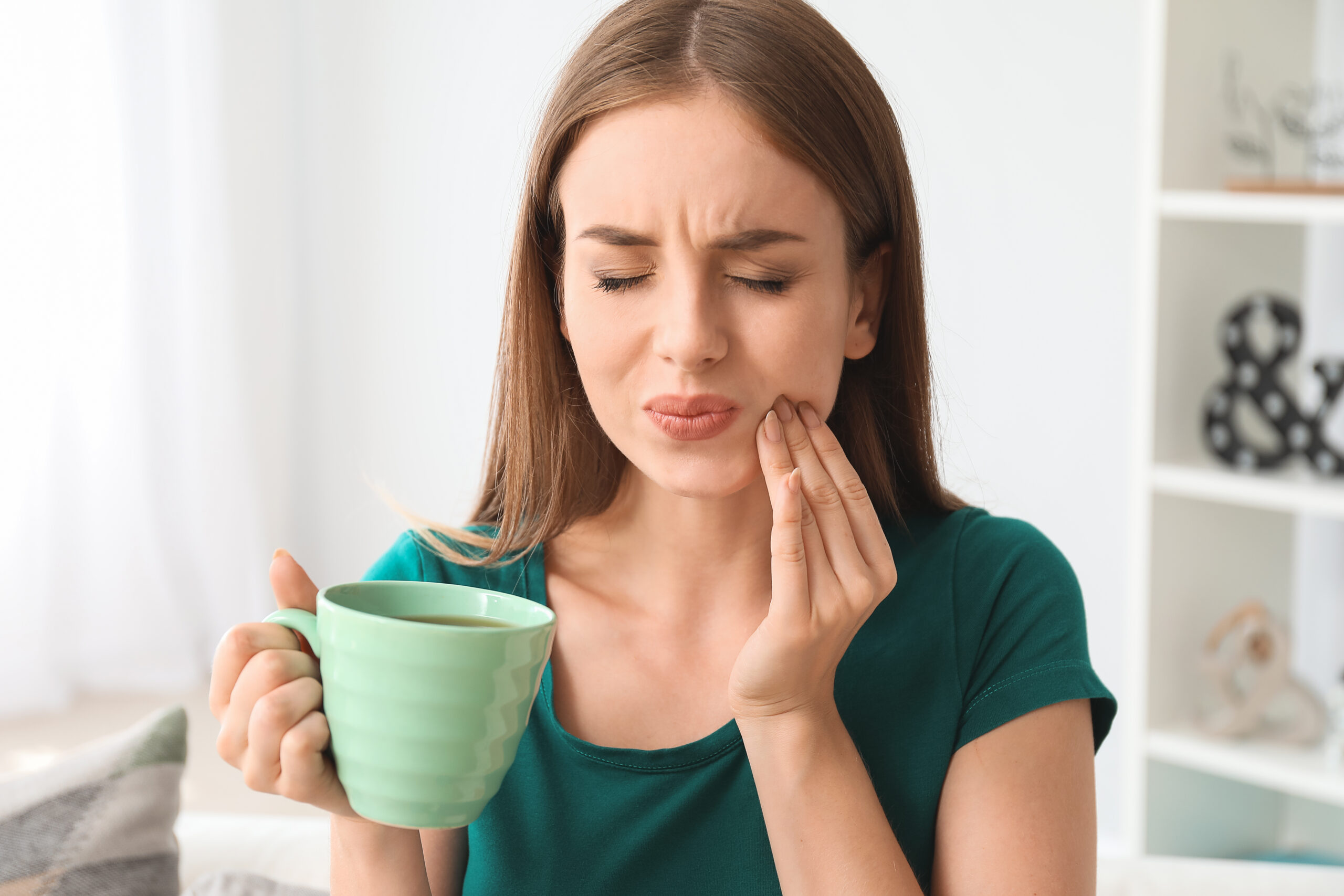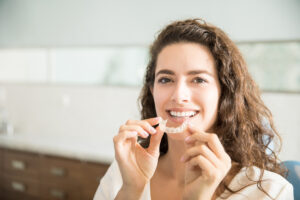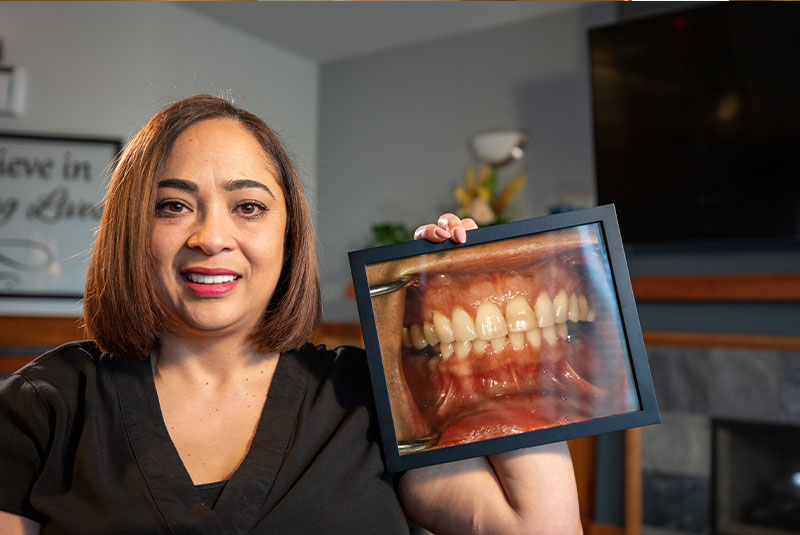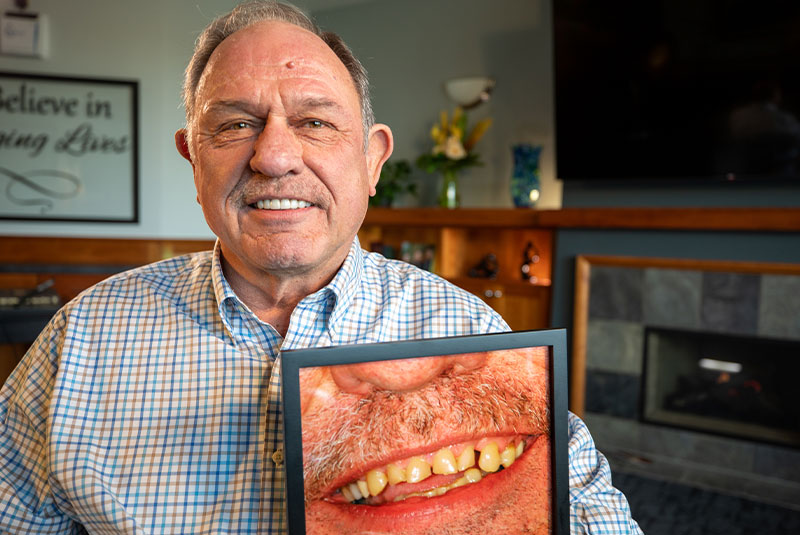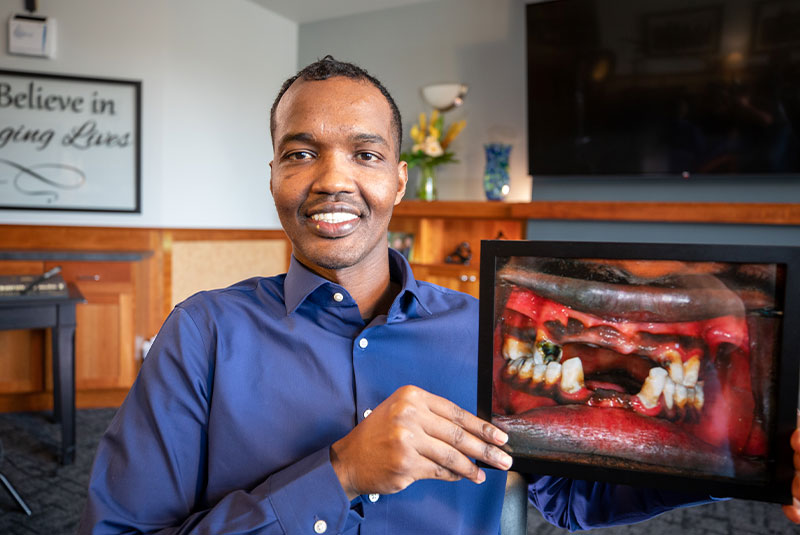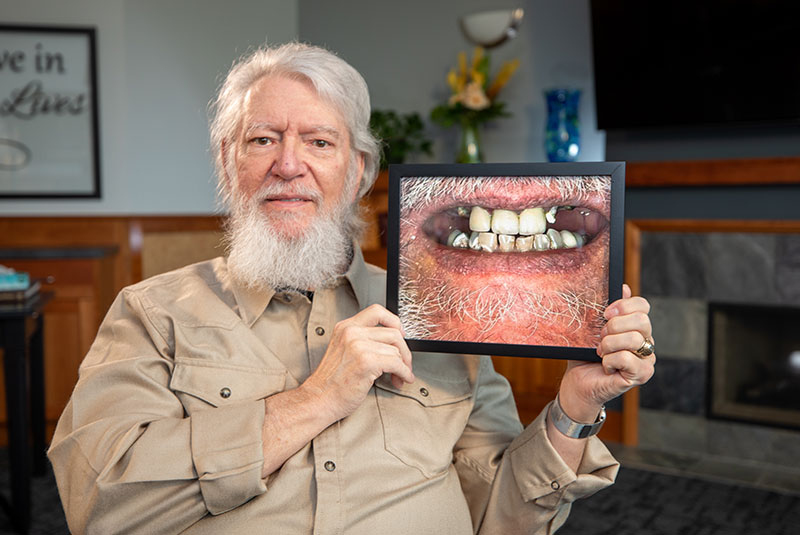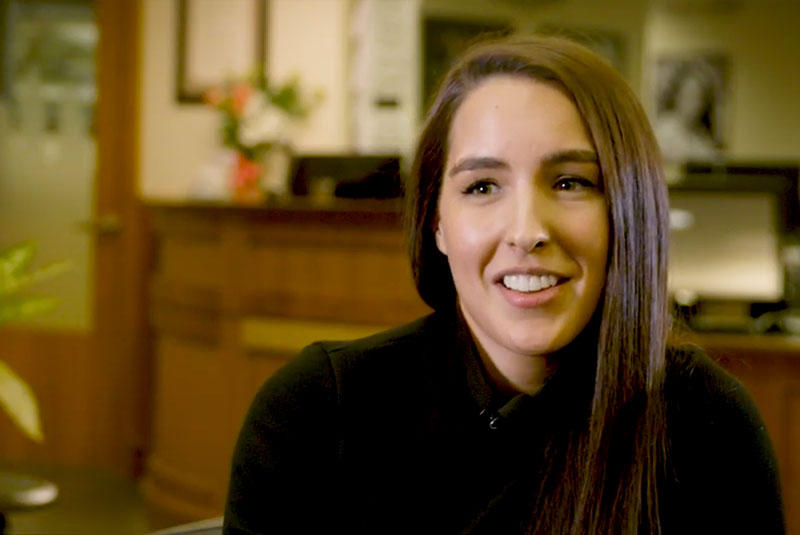A dental emergency never clears your calendar first. It happens on a busy workday, after a youth soccer game, or while you’re halfway through popcorn on movie night. Knowing what to do in those first minutes can reduce pain, protect your teeth, and prevent long-term complications. Here’s a clear plan for the most common dental emergencies in Sherwood—and how your local dentist can help.
Toothache or Abscess
Persistent tooth pain, sensitivity to hot or cold, swelling, or a pimple-like bump on the gums can signal infection or inflammation inside the tooth. Start by gently flossing around the area to remove debris. Rinse with warm salt water. Over-the-counter pain relievers can help, but avoid placing aspirin directly on the gum—it can burn tissue. If you have facial swelling or fever, call a dentist immediately. In many cases, a deep cavity or crack allows bacteria to reach the nerve, and a root canal or extraction may be needed to stop the infection and save the tooth.
Chipped or Broken Tooth
If you chip a tooth, locate any fragments and bring them to the appointment. Rinse your mouth with water and apply a cold compress to reduce swelling. Small chips can often be smoothed or repaired with tooth-colored bonding in one visit. Larger fractures that involve the nerve may require a crown or root canal. Avoid chewing on the injured side until you’re seen.
Knocked-Out (Avulsed) Tooth
This one is truly time-sensitive. Pick up the tooth by the crown only—do not touch the root. If it’s dirty, rinse gently with water; don’t scrub. If possible, reinsert the tooth into the socket and bite on a clean cloth to hold it in place. If that’s not possible, keep it moist in cold milk or an emergency tooth preservation kit. Get to a dentist within 30–60 minutes for the best chance of saving the tooth. Children’s knocked-out baby teeth are not typically replanted, but still call your dentist for guidance.
Lost Filling or Crown
Clean the area and avoid sticky foods. Temporary dental cement from a pharmacy can hold a crown in place until your appointment. If the tooth is sensitive, a dab of toothpaste or clove-oil-based temporary paste can help. Schedule a repair quickly to prevent further fracture or decay.
Orthodontic or Aligners Mishaps
If an aligner cracks, switch to the next set or back to the previous one as directed by your dentist. For sharp edges on a retainer or appliance, dental wax can prevent irritation until you’re seen. Save any broken parts.
Bleeding After an Extraction
Bite firmly on clean gauze or a damp tea bag for 20–30 minutes without checking. Keep your head elevated and avoid spitting or using a straw, which can dislodge the clot. If bleeding is heavy or persists, contact your dentist.
When You Should Go to the ER
Severe facial swelling affecting breathing, significant trauma to the jaw or face, uncontrollable bleeding, or high fever with facial pain requires immediate medical attention. Otherwise, most dental emergencies are best handled by a dentist who can treat the source of the problem.
Preventing Future Emergencies
- Keep regular checkups and cleanings—small issues are easier to treat.
- Wear a custom mouthguard for contact sports or nighttime grinding.
- Don’t use your teeth to open packages or bite hard objects.
- Address cracked or failing restorations before they break.
What to Expect at an Emergency Dental Visit
You’ll receive a focused exam, an x-ray of the area, and immediate pain relief. The dentist will stabilize or repair the problem and outline next steps with clear costs and timelines. If you’re anxious, ask about comfort options and gentle numbing techniques. Many offices also offer sedation when appropriate.
Sherwood-Specific Tips
Keep your dentist’s number saved in your phone and posted on the fridge. Add a small dental kit to your sports bag or car with gauze, a clean container, and over-the-counter pain relievers. Parents: remind young athletes to wear their mouthguards at practice—not just on game day.
Pain Relief You Can Trust
Over-the-counter anti-inflammatories can reduce both pain and swelling when used as directed. Cold compresses in 10-minute intervals also help. If you suspect a cracked tooth, avoid extremes of temperature and very hard foods until you’re seen. Keeping the area clean with gentle brushing and antiseptic rinses supports healing and fresh breath.
Kid-Friendly Guidance
For kids, save knocked-out permanent teeth and head straight to the dentist. For baby teeth, do not reinsert—call for instructions. A custom sports mouthguard fitted by a dentist offers better comfort and protection than boil-and-bite versions, improving the chances your child will actually wear it consistently.
The Preventive Playbook
- Schedule regular cleanings so small cavities don’t become Saturday-night emergencies.
- Treat grinding with a nightguard before it cracks a tooth.
- Replace failing fillings proactively.
- Ask about sealants and fluoride for cavity-prone family members.
Community-Focused Care in Sherwood
Prompt, compassionate emergency dentistry restores comfort and control when life goes sideways. Your local team can stop pain, stabilize teeth, and map out a plan that prevents repeat episodes—whether that’s a root canal, crown, or a simple smoothing of a rough edge.
Your Next Step
Don’t put off relief. Call New Smiles Dental in Sherwood, OR at Call Us Today for emergency dentistry and same- or next-day appointments, or Contact Us online.
